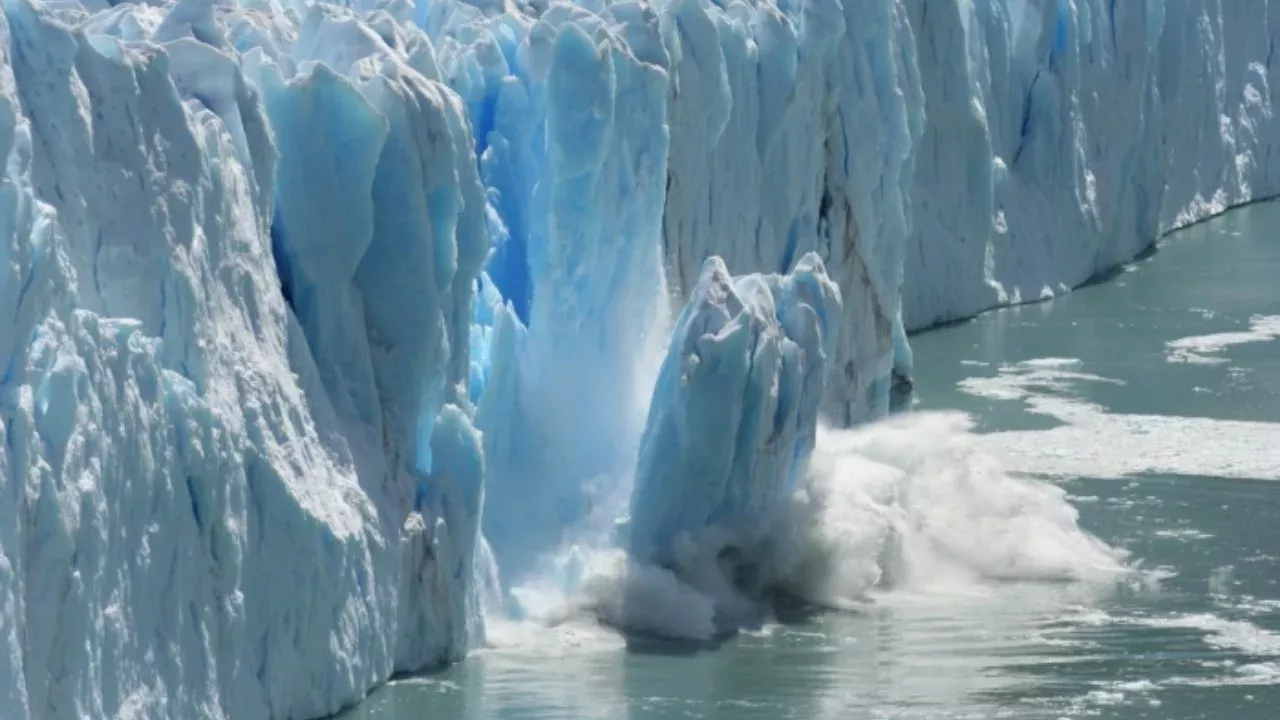Microorganisms 40,000 years old survived in Alaska

Scientists from the University of Colorado in the USA have succeeded in reviving ancient microorganisms that had been frozen for 40,000 years in the permafrost of Alaska. This was reported by Zamin.uz.
The research results were announced by Wionews. By heating frozen soil and ice samples, scientists detected signs of life in microbes previously considered dead.
According to the research leader, Dr. Tristan Caro, these samples are not completely dead. The sample was taken from a tunnel near the city of Fairbanks, Alaska, known as the "ice cemetery."
When kept at temperatures ranging from +3 to +12 degrees Celsius for several months, the microorganisms formed a biofilm—a mucus layer that is difficult to eliminate. According to the scientists, these microorganisms are not dangerous to humans, but they may release methane and carbon dioxide, which contribute to climate change.
Infection specialist Brigitta Evengord suggested that dangerous viruses, including smallpox and cowpox viruses, might also be present in the ice. She compared the permafrost to a "Pandora's box."
Scientists emphasize that the melting of glaciers due to global warming increases the risk of reactivation of ancient viruses. This could lead to new threats to human health and the environment in the future.
Therefore, studying and monitoring viruses and microorganisms in the glaciers is an urgent matter.







